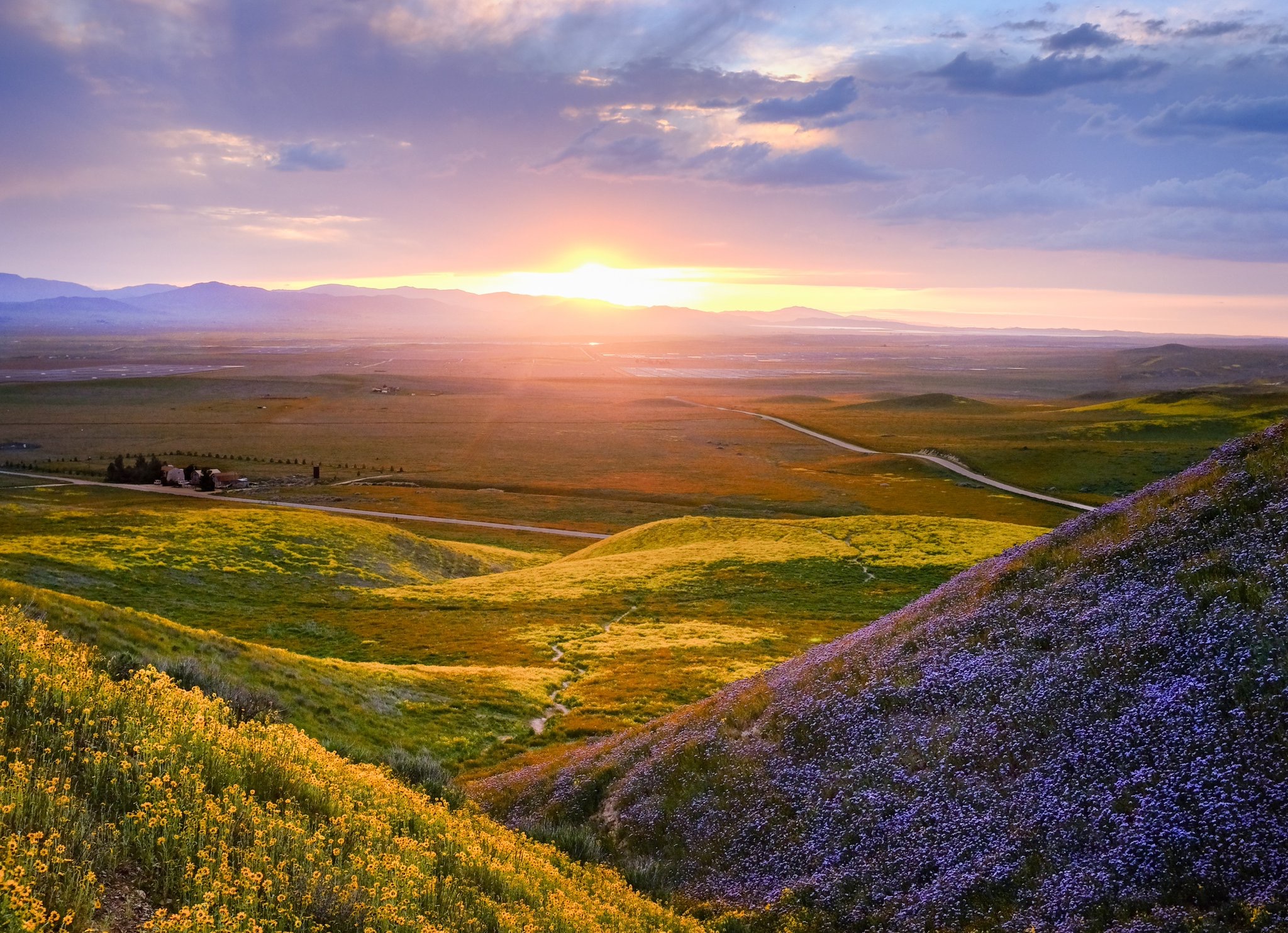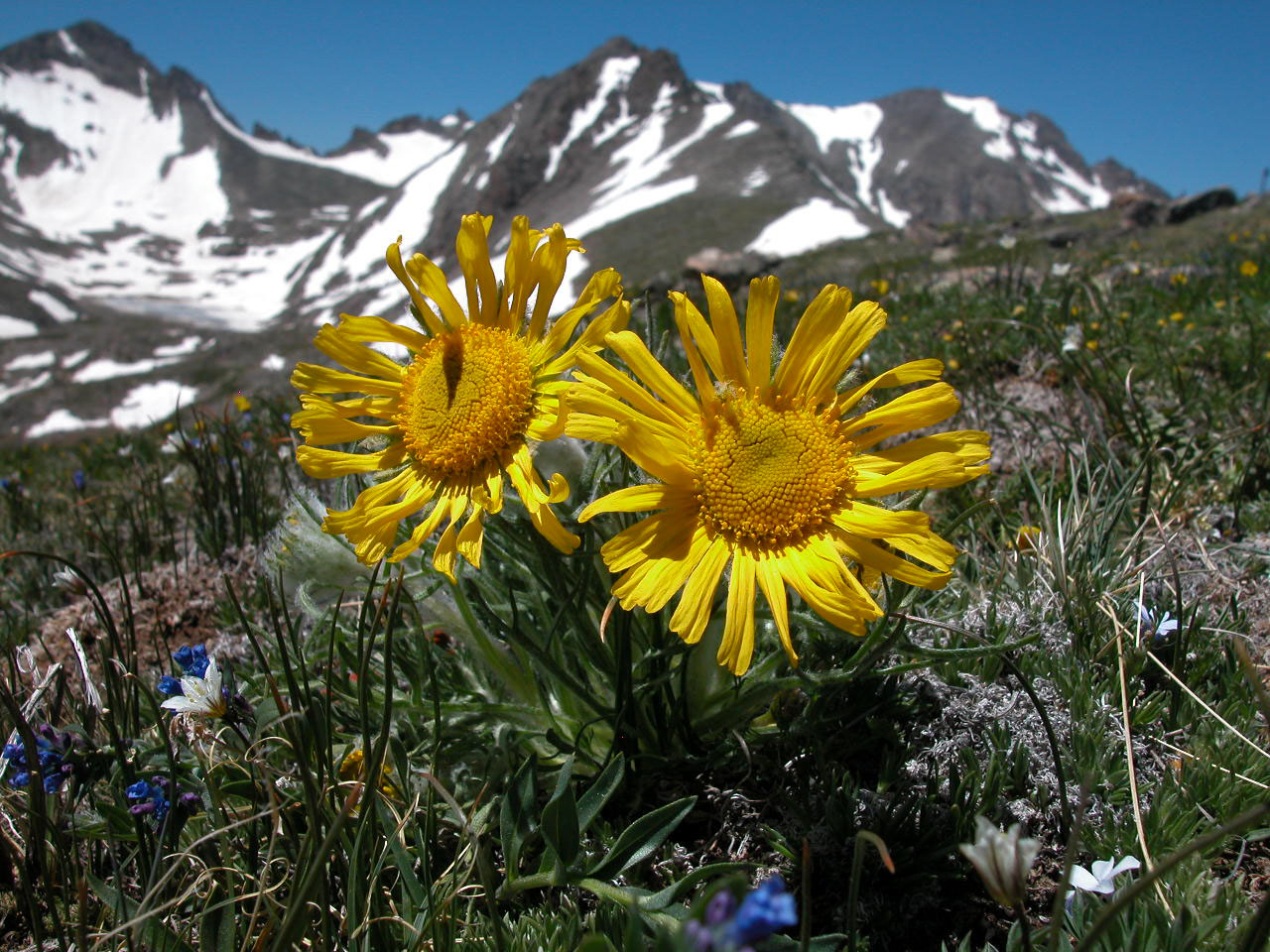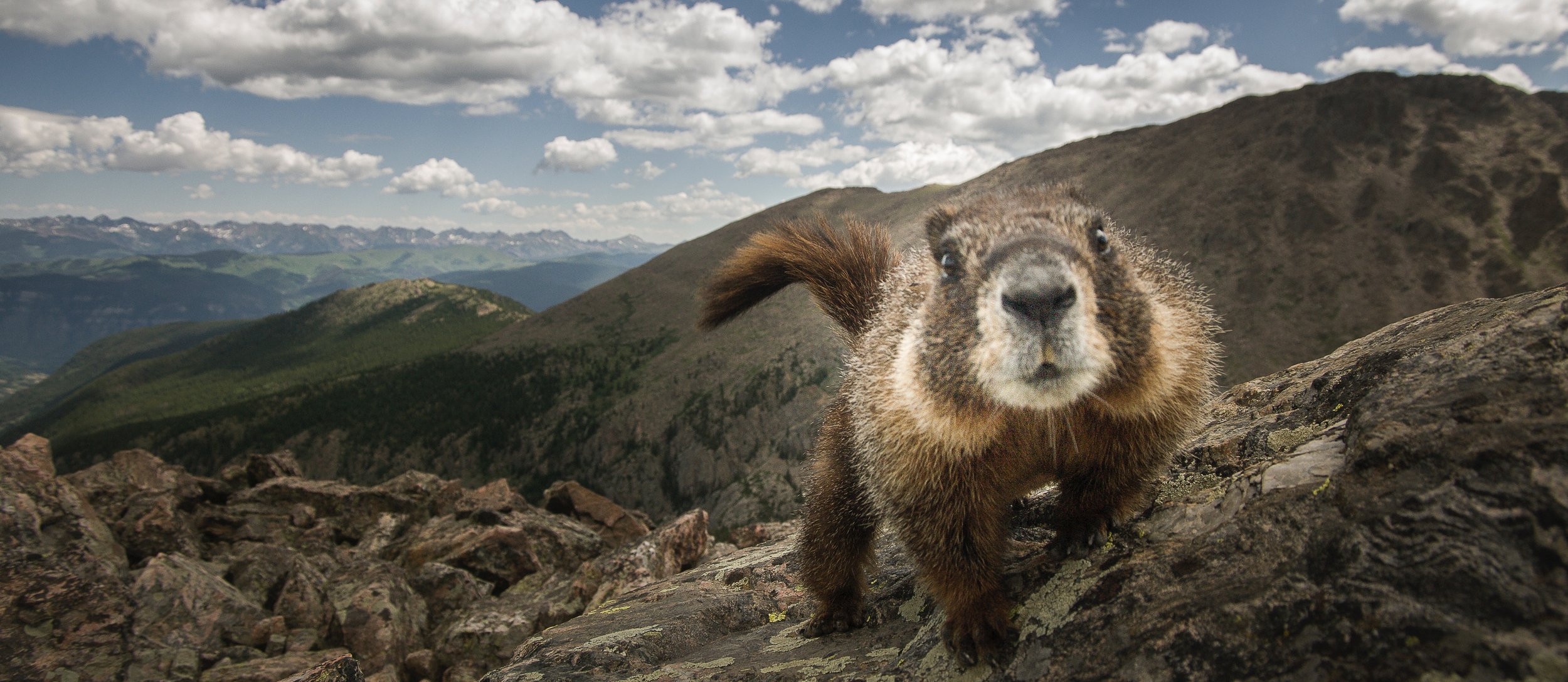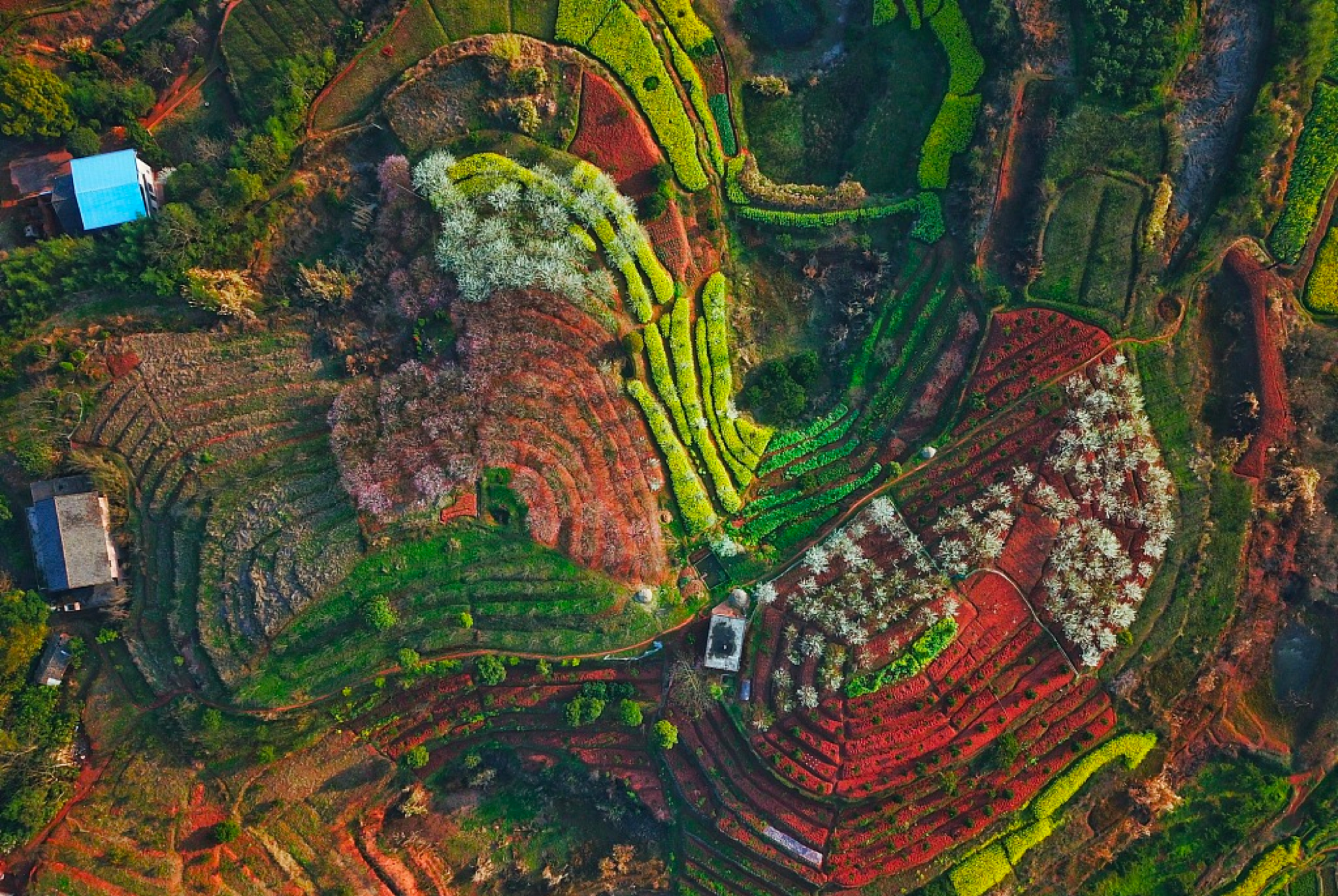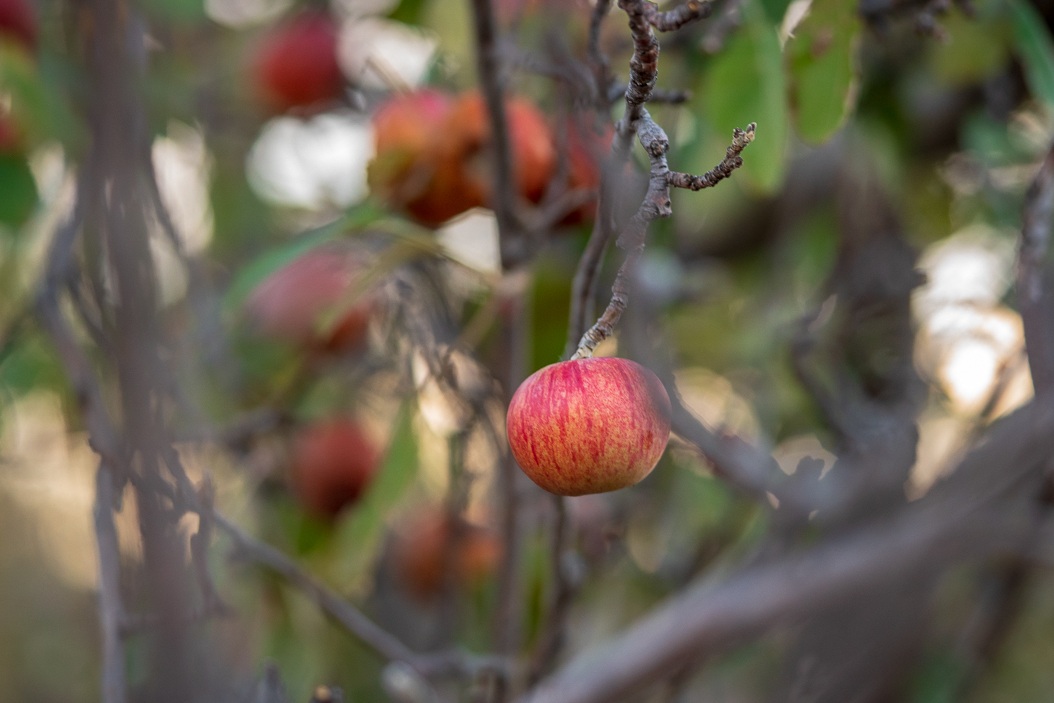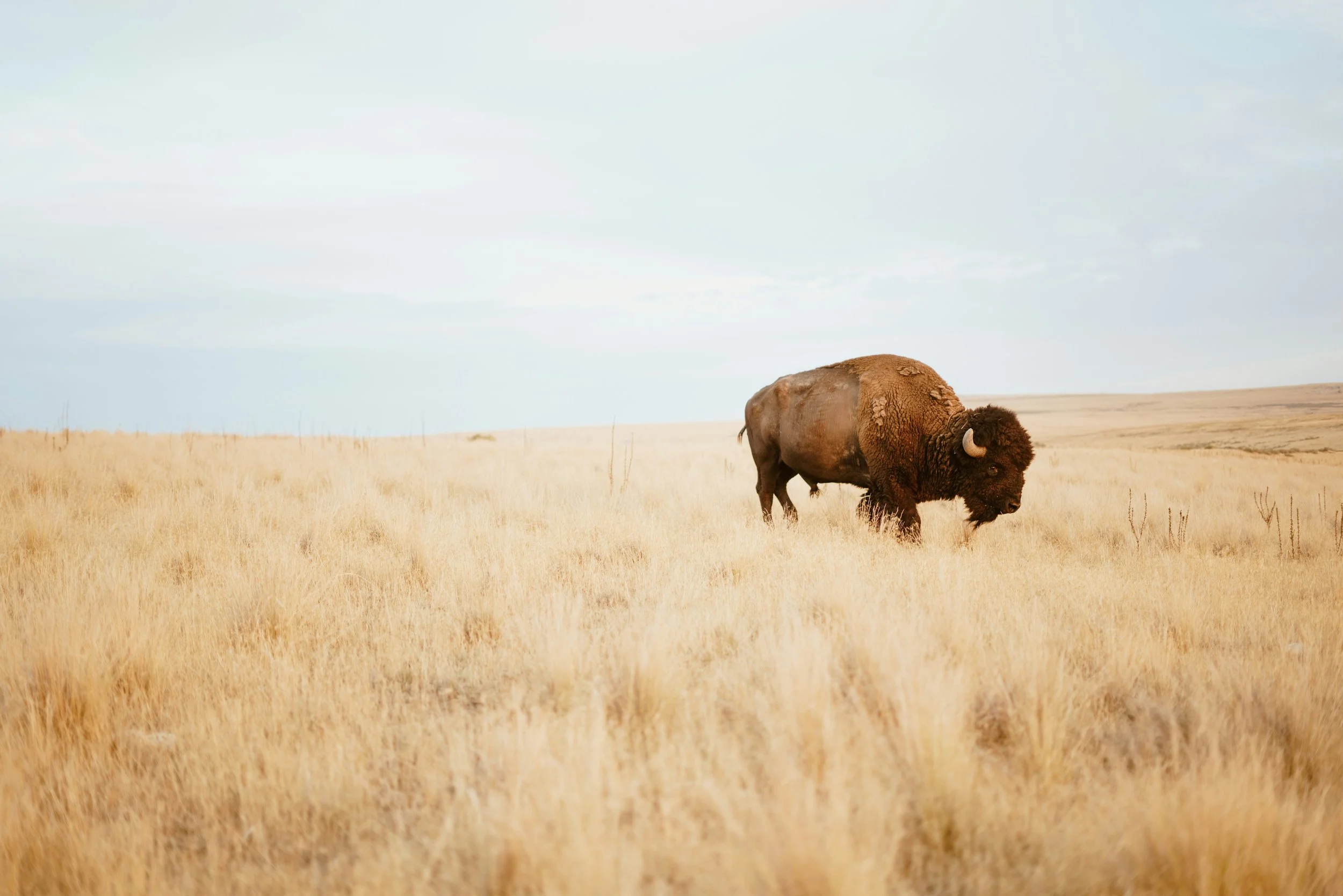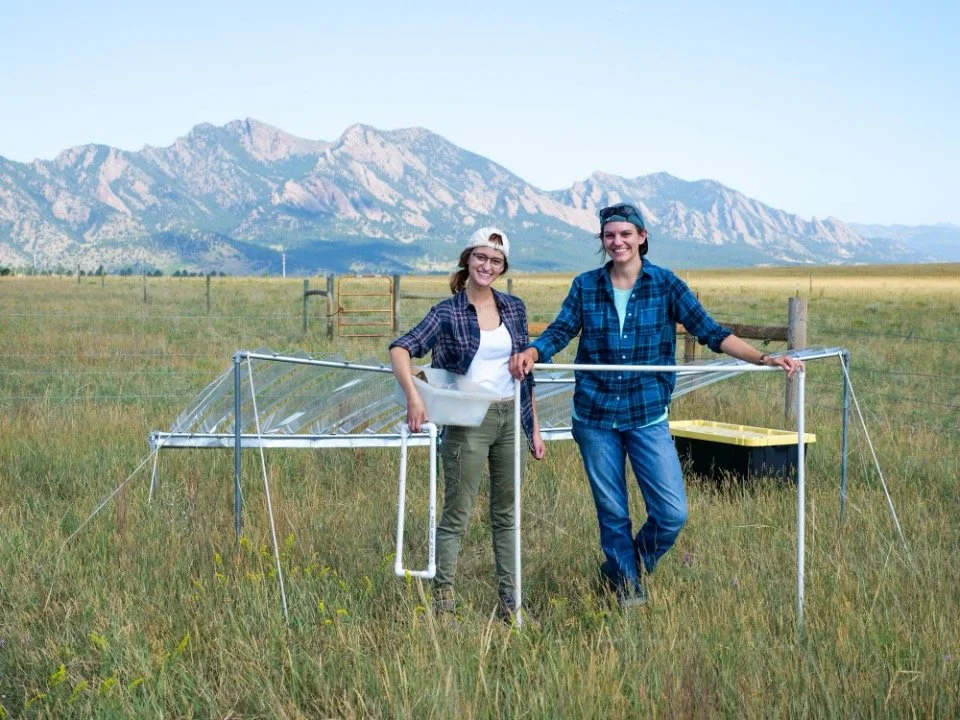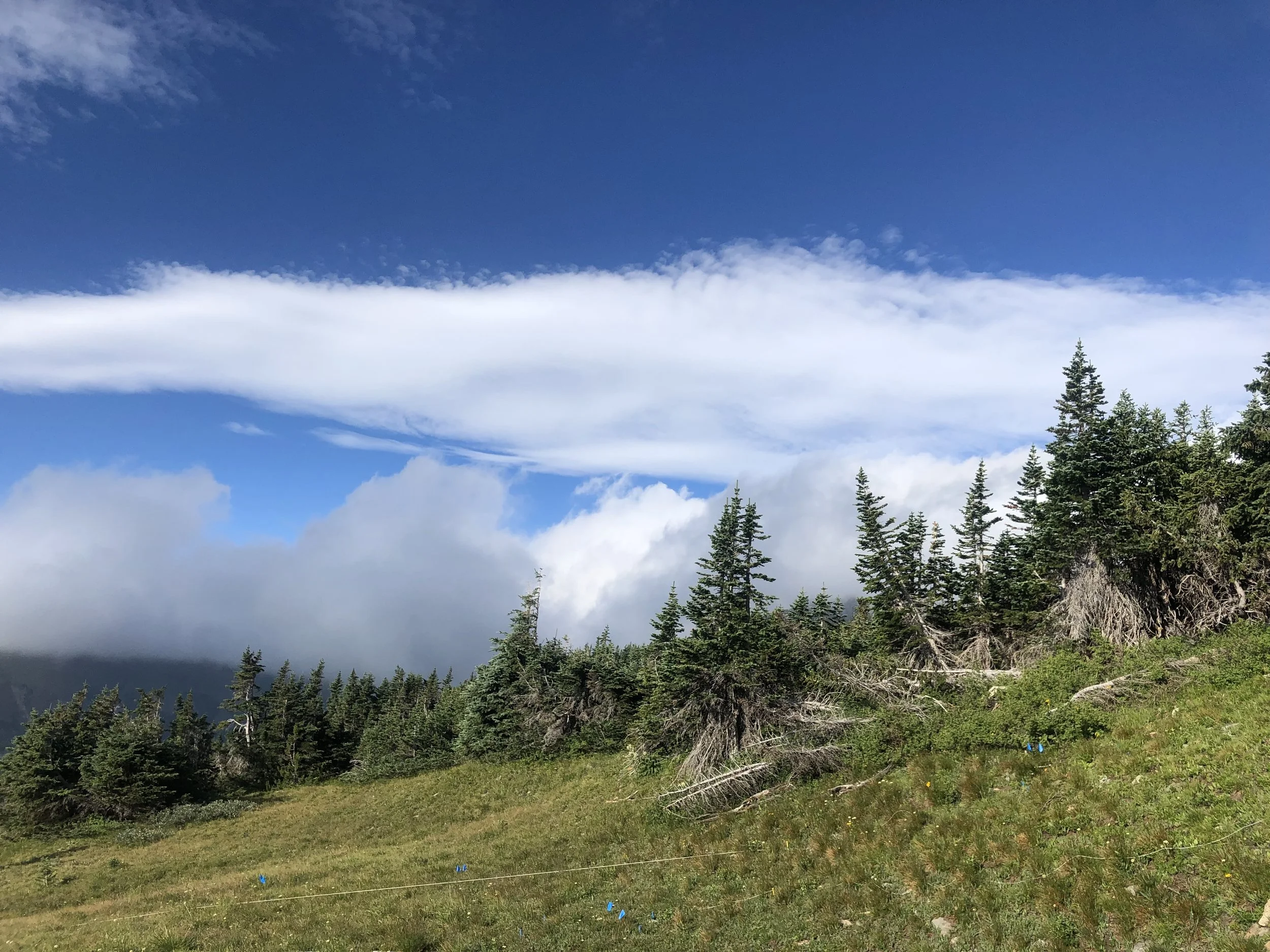We work in grasslands, rangelands, woodlands, riparian areas and alpine tundra.
We use a combination of long-term monitoring, modeling and experimental approaches at population to community to ecosystem levels of ecological organization. We love thinking about plant-soil feedbacks, functional traits, species effects on ecosystem processes, non-linear and threshold dynamics — as well as good food, climbing routes, and local music.
Through bison re-introduction, we aim to grow connections of the 48 tribes that have ties to the land now known as Colorado, heal the ecology of the land, and build economies that allow for sustainable restoration futures.
Boulder Apple Tree Project
In the mid-1800s, there were thousands of unique varieties of apple trees in the United States, some of the most astounding diversity ever developed in a food crop. The Boulder Apple Tree Project is working to restore local apple cultivars on the Colorado Front Range, and in the process, train a new generation of community-engaged scientists. Credit: Matt Talarico/Media Impact Lab
The Marshall Fire and the increasing frequency of extreme grass-driven wildfires have raised a variety of questions about understanding grassland fuel dynamics and what can be done to reduce wildfire risk while maintaining healthy grasslands. We are studying grassland fuel variation and testing the effectiveness and consequences of various fuel reduction methods to better inform fuel management decisions at large scales.
Grassland Resilience and Diversity
It is hard to work in a landscape when services vary widely from year to year due to climate fluctuations, especially when these fluctuations are getting more and more extreme. Does diversity hold a key? We are exploring how managing for a diversity of species, all with different strategies, might best stabilize services in face of this increased variability.
Niwot Ridge Long-term Ecology Project
The Niwot Ridge LTER is a NSF-funded 40+ year study of mountain ecosystems in the Colorado Rockies. Our mission is to understand how our complex mountain systems are changing and to illuminate the future of the many critical services these systems provide to all of us living downhill.

